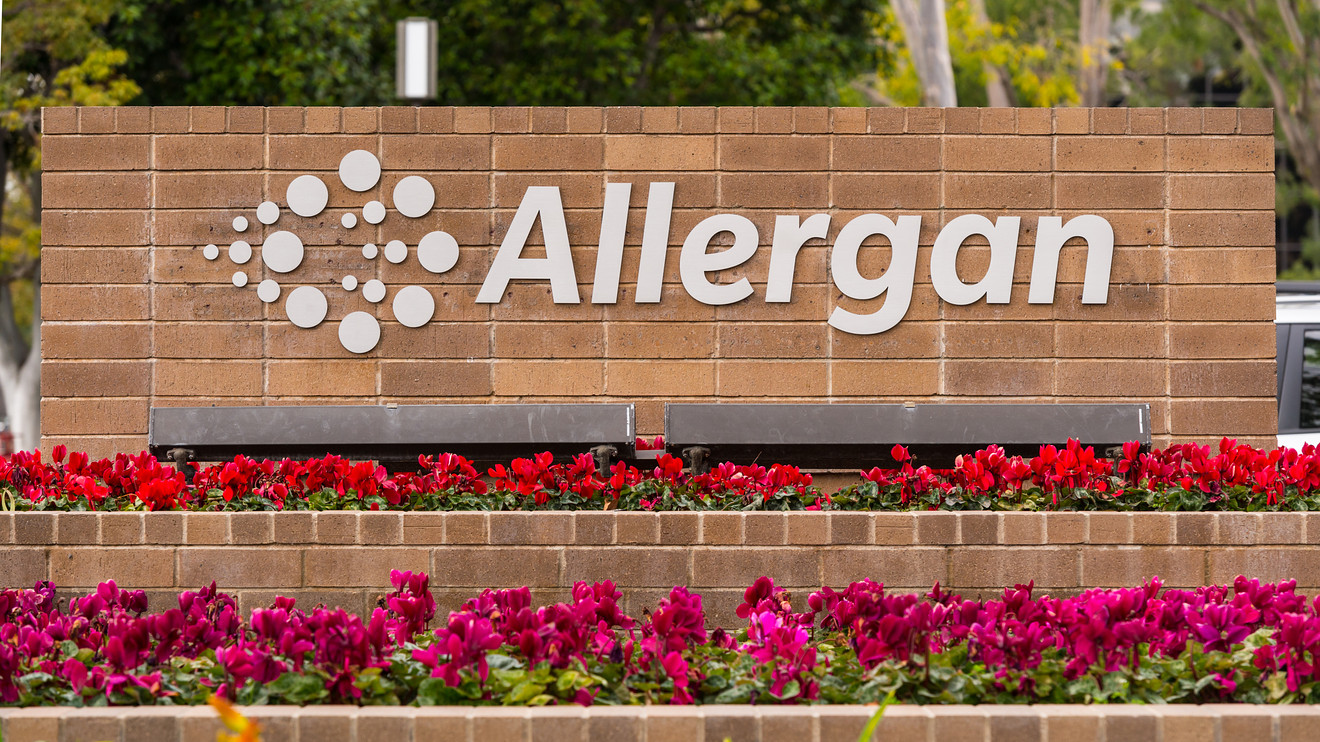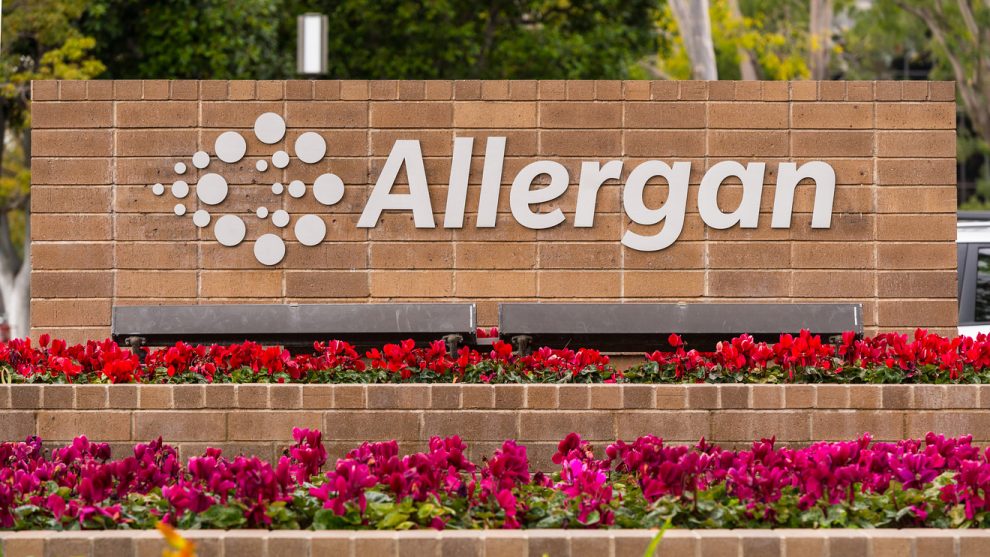
Inversions are starting to revert.
When Mylan MYL, -0.81% moved its corporate address to the Netherlands in 2015, the pharmaceutical company joined a wave of corporate inversion deals aided by tax advantages of a non-U.S. address. Now, Mylan’s address is coming back to the U.S. through a merger deal this week with part of Pfizer Inc. PFE, -1.38% , a sign that the 2017 tax law is rendering these moves less attractive than they once were.
The deal comes a month after Allergan AGN, +0.52% — another inverted pharmaceutical company based in Dublin — announced its return to a U.S. parent through a sale to AbbVie Inc. ABBV, +0.53%
On balance, say tax lawyers and analysts, foreign addresses still confer a slight tax advantage.
But after the U.S. corporate tax cuts in the 2017 law, the edge is small enough that it may not be worth reputational and political costs.
Those changes may deter new inversions and cause inverted companies to retake U.S. addresses if other business reasons warrant such a move. Inversion deals were particularly hot from 2012 to 2015, as companies such as Eaton Plc and Medtronic Plc took foreign addresses.
An expanded version of this report appears at WSJ.com.
Also popular on WSJ.com:
Regulators found risk of emergency after first Boeing MAX crash
Chinese billionaire indicted on charges of evading nearly $2 billion in tariffs












